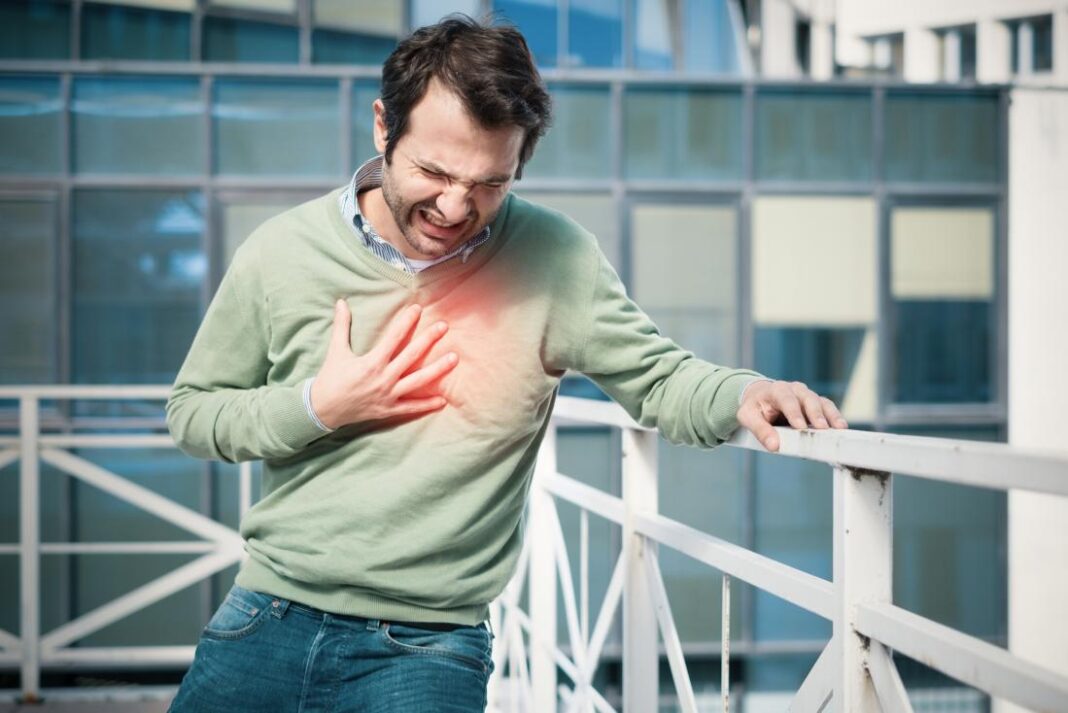Your heart is a vital organ that plays a crucial role in your overall well-being. It’s essential to assess the health of your heart regularly to prevent the risk of cardiovascular diseases. In this comprehensive guide, we will discuss various indicators and tests that can help you determine the condition of your heart and ensure its optimal functioning. By understanding these factors, you can take proactive steps towards maintaining a healthy heart and reducing the chances of heart-related complications.
Monitor Your Blood Pressure: High blood pressure is a significant risk factor for heart disease. Regularly check your blood pressure using a home blood pressure monitor or consult a healthcare professional for accurate measurements. Maintaining a blood pressure within the normal range (below 120/80 mmHg) is essential for a healthy heart.
Check Your Cholesterol Levels: Elevated levels of cholesterol can lead to the formation of plaque in the arteries, increasing the risk of heart disease. Get your cholesterol levels checked through a blood test. Ideally, your total cholesterol should be below 200 mg/dL, with low-density lipoprotein (LDL) cholesterol (bad cholesterol) below 100 mg/dL and high-density lipoprotein (HDL) cholesterol (good cholesterol) above 40 mg/dL for men and 50 mg/dL for women.
Assess Your Body Mass Index (BMI): Excess weight can strain your heart and increase the risk of cardiovascular problems. Calculate your BMI, which takes into account your height and weight, to determine if you fall within a healthy weight range. A BMI between 18.5 and 24.9 is considered normal.
Evaluate Your Waist Circumference: An increased waist circumference can indicate the presence of abdominal obesity, which is linked to a higher risk of heart disease. Measure your waist circumference at the level of your belly button. For men, a waist circumference of 40 inches or more and for women, 35 inches or more, may indicate increased cardiovascular risk.
Assess Your Physical Fitness: Regular physical activity is crucial for maintaining a healthy heart. Assess your physical fitness level by evaluating your ability to engage in moderate-intensity exercises, such as brisk walking or jogging, for at least 30 minutes most days of the week. If you struggle to perform these activities, it may be an indication of poor cardiovascular fitness.
Monitor Your Resting Heart Rate: Your resting heart rate is the number of times your heart beats per minute while at rest. A lower resting heart rate is generally associated with better cardiovascular health. Measure your resting heart rate by counting the beats per minute when you wake up in the morning before getting out of bed. An average resting heart rate ranges from 60 to 100 beats per minute.
Consider Cardiac Risk Assessments: In addition to the above indicators, your healthcare professional may recommend specific cardiac risk assessments based on your age, medical history, and other risk factors. These assessments may include stress tests, electrocardiograms (ECGs), or echocardiograms to evaluate the function and structure of your heart.
Be Aware of Warning Signs: Lastly, it’s crucial to be aware of warning signs that may indicate heart problems. Chest pain or discomfort, shortness of breath, fatigue, dizziness, and palpitations are common symptoms that warrant immediate medical attention. Ignoring these signs can have serious consequences.
Remember, this guide provides general information and guidance for assessing heart health. It’s important to consult a healthcare professional for personalized advice and to discuss any concerns or abnormal test results. By taking proactive steps to monitor and maintain your heart health, you can reduce the risk of heart disease and enjoy a healthier life.
Take charge of your heart health today and prioritize a heart-healthy lifestyle. Regularly assess your heart’s condition, adopt healthy habits, and seek medical advice when needed. Your heart will thank you for it.



